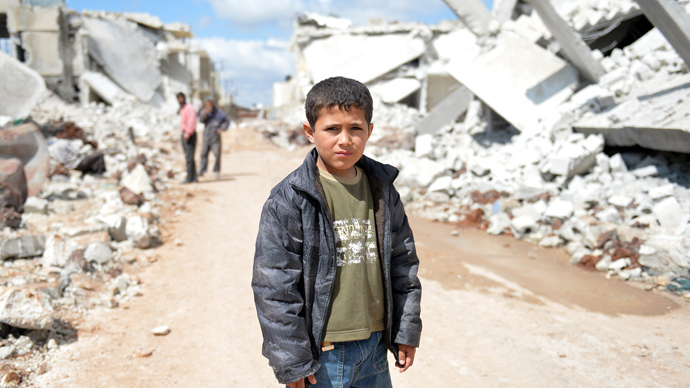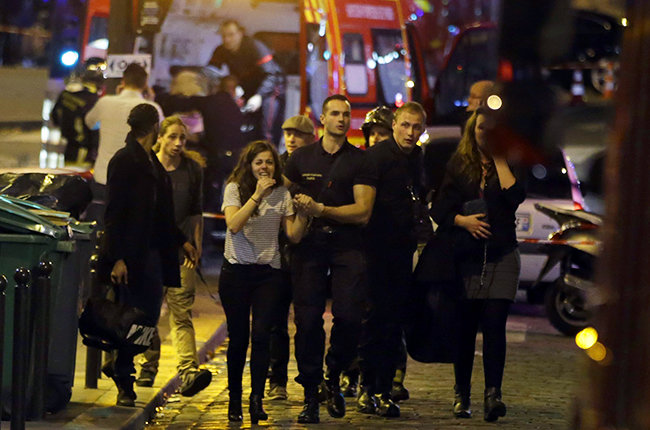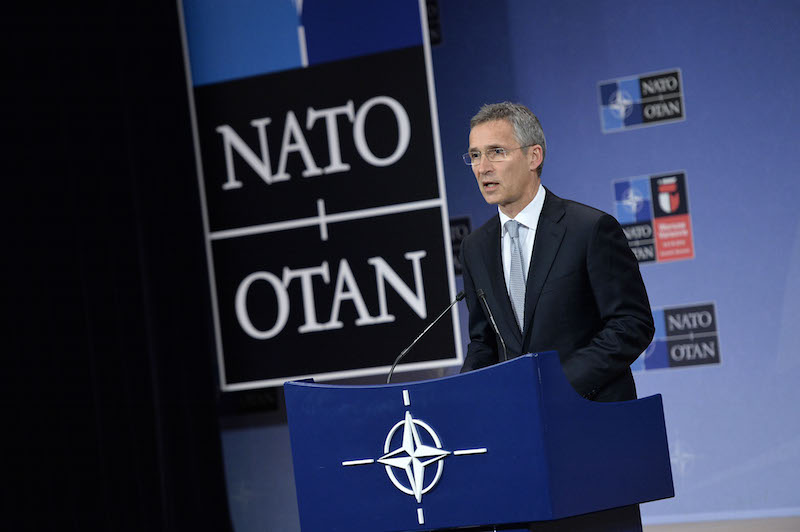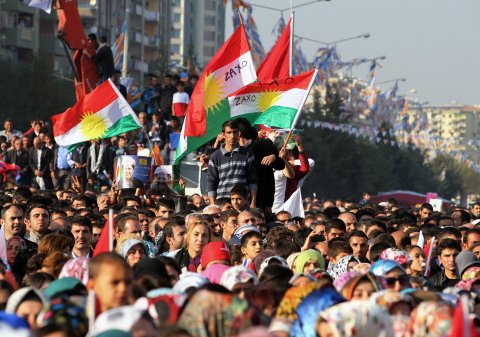Part 2: Syria’s Children – Effects that could last generations…

Over the past three years violence in Syria has come to reach nearly every corner of the country. From the residents of the capital Damascus, to the predominately Kurdish population of Syria’s north eastern tip, most Syrians have in some manner been affected by the violence. However, as international child-welfare organizations report on a growing crisis facing Syria’s children, it appears as if the youngest, most defenseless Syrians are today bearing much of the brunt of the increasing crisis.
As in many civil conflicts, a collapse in civil, communal and familial structures often allows for violence to impinge on those who are most vulnerable, and Syria’s children have been no exception. Facing physical, mental and sexual abuse, arbitrary detention, recruitment into armed groups, a denial of basic education and medical resources, many are postulating that Syria could face a lost generation if relief efforts are not improved for Syria’s children. UNICEF recently released a detailed report that concluded, of the over 4 million Syrians currently in need of direct humanitarian assistance inside of Syria, 2 million are under the age of 18. As a result, international child-welfare organizations are and will continue to play an essential role in providing protection, rehabilitation, medical care and education for children affected by violence.
Children have faced violence in Syria’s uprising since its very outset. In the southern city of Daraa – the city believed to be the birthplace of the revolution – residents originally started protesting the government after a group of young school children from the village were arrested, tortured and murdered by government security agents. Their crime: spray-painting anti-government slogans on their school’s walls. As violence has now engulfed much of Syria, the Syrian Observatory for Human Rights has reported that nearly 5,000 children have been killed in the conflict.
The government’s crackdown on early protests saw thousands of children injured, arrested and tortured by government forces. The plight of Syria’s children gained international notoriety when in May 2012, Hamza al-Khateeb, a chubby faced 13 year old boy from the Syrian town of Jiza, was arrested, tortured, mutilated and executed by government security forces. His body showed signs of extreme torture, gunshot wounds, and his genitalia had been removed.
This inexcusable treatment and targeting of children has not been exclusively perpetrated by government forces. Human Rights Watch and Amnesty International, two world leading human rights watchdogs, widely involved in documenting abuses in Syria, have reported that anti-government rebels have been using children as young as 14 years old to transfer weapons and ammunition, and even take part in the execution of captured government soldiers. Articles published by the Telegraph and Vice Magazine strengthen these claims with interviews, pictures and even a video of children as young as 11 and 8 years old holding rifles, throwing home-made explosives and gloating about their “great shots”. Mohammed Afar, an 11 year old purported FSA rebel in Aleppo, proudly proclaims in an interview with Vice, “I want to stay as a fighter until Bashar (al-Assad) is killed.”
The consequences of such a wide involvement of children in the violence are already being seen in the mental wellbeing of Syria’s children. NPR’s Deborah Amos recorded a terrifyingly illuminating account of the widespread signs of post-traumatic stress disorder in Syrian children. She reported that two-thirds of the children she visited in northern Syria are reported to have seen a family member killed, while many have experienced physical and sexual abuse. Teachers told Amos that children have a tendency to use the color red when drawing pictures of their family, depicting them all covered in blood.
As Syria’s children reel from two years of intense conflict, massive death, destruction and a complete lack of education and stability, children’s welfare organizations, such as UNICEF and Save the Children, will play an essential role in providing rehabilitation to Syria’s children. However, with a major lack in necessary funding, the ability these organizations have to properly respond to such a massive crisis is being called into question. UNICEF has reported that due to a lack of funds, they have had to end a number of aid programs providing essential education, rehabilitation, and medical treatment for children caught in Syria’s conflict. Considering the repercussions facing Syria, with an entire generation of children facing mental and physical illness and a complete lack of education, adequate funding for children’s welfare organizations will be absolutely essential if Syria’s children hope to see a brighter future.




